#norman z. mcleod
Explore tagged Tumblr posts
Text

#polls#movies#it’s a gift#its a gift#it’s a gift 1934#it’s a gift movie#30s movies#old hollywood#norman z. mcleod#w. c. fields#kathleen howard#jean rouverol#julian madison#tommy bupp#have you seen this movie poll
30 notes
·
View notes
Text

53 notes
·
View notes
Text
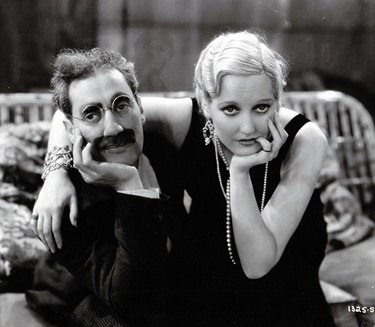
Groucho Marx-Thelma Todd "Pistoleros de agua dulce" (Monkey business) 1931, de Norman Z. McLeod.
400 notes
·
View notes
Text

1922.
An illustration drawn by legendary comedy director Norman Z. McLeod.
10 notes
·
View notes
Text
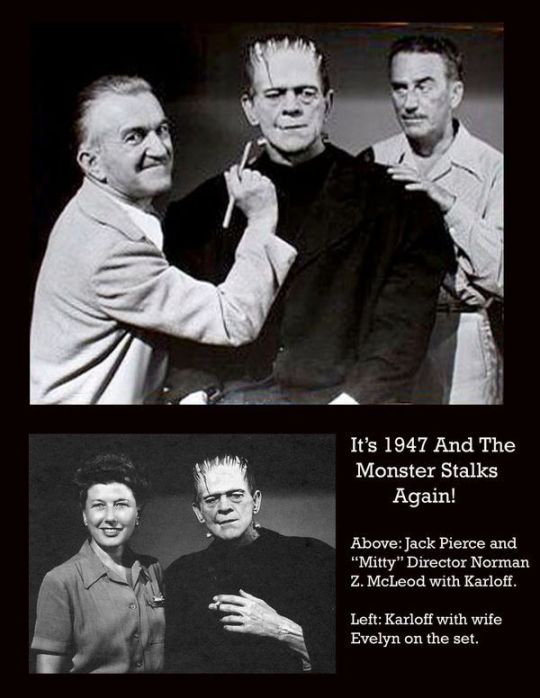
What coulda - and shoulda - been dept.:
Make-up legend Jack Pierce got to transform actor Boris Karloff one final time as the Frankenstein monster for Danny Kaye film The Secret Life of Walter Mitty (1947). Karloff had not played the monster since 1939's Son of Frankenstein. Pierce, Karloff, and the monster's make-up design were loaned by Universal Pictures to Mitty producer Samuel Goldwyn for use in a dream sequence in the film.
Unfortunately, the dream sequence was cut from the film. I haven't been able to find any definitive answer as to whether it was ever actually shot. All anyone seems to have are these make-up/costume test photos shown above.
#Jack Pierce#Boris Karloff#Frankenstein's monster#Norman Z. McLeod#Evelyn Karloff#The Secret Life of Walter Mitty
34 notes
·
View notes
Text
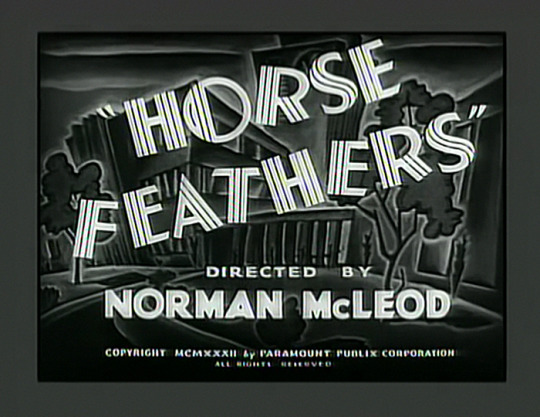





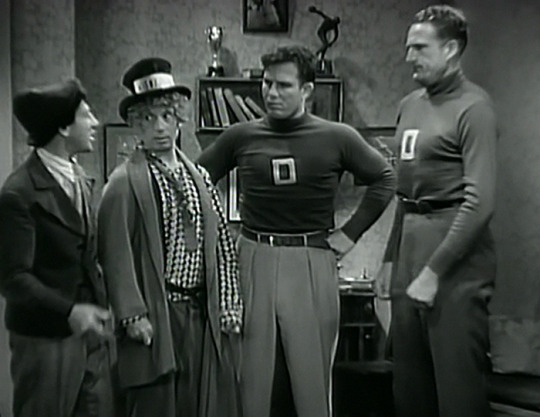

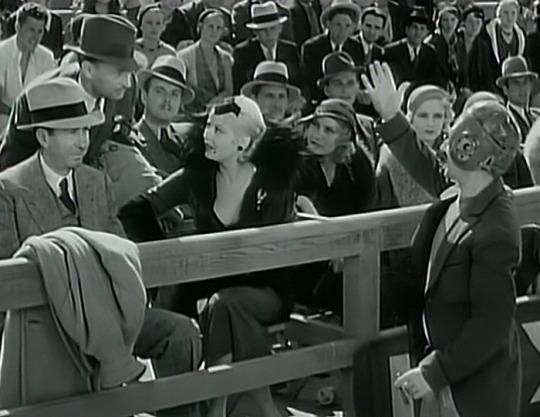

Horse Feathers Norman Z. McLeod USA, 1932 ★★★ I love sports.
3 notes
·
View notes
Photo
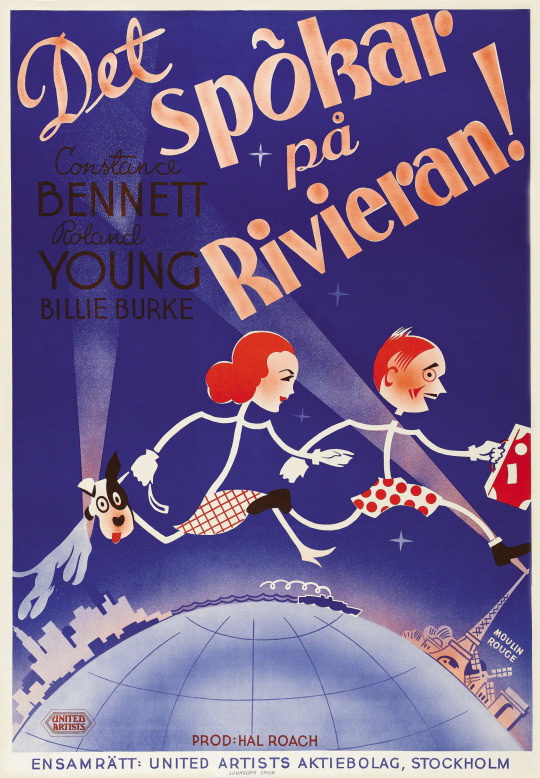
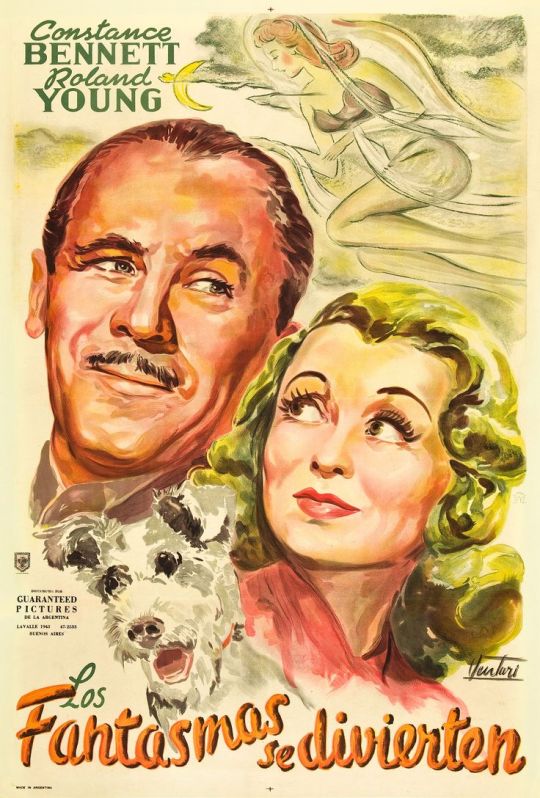


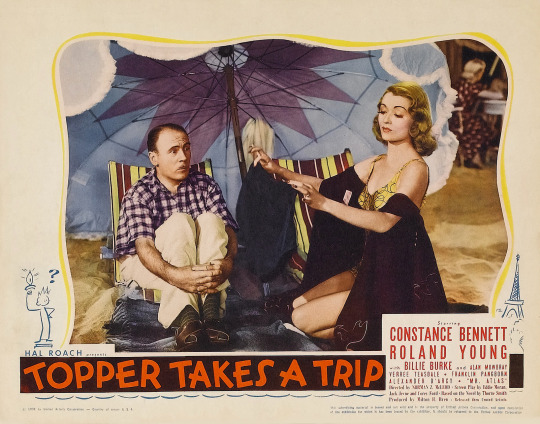

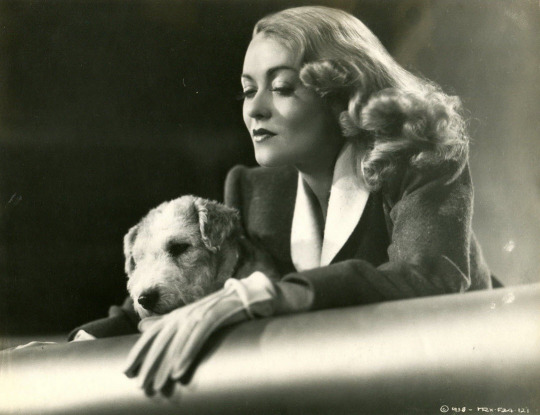

Topper Takes a Trip (1938) Norman Z. McLeod
May 13th 2023
#topper takes a trip#1938#norman z. mcleod#roland young#constance bennett#billie burke#franklin pangborn#verree teasdale#alan mowbray#alexander d'arcy#cary grant
2 notes
·
View notes
Text

O Par Invisível Diverte-se
EUA, 1938
Norman Z. McLeod
7/10
Os Fantasmas Divertem-se
Topper foi um fenómeno de popularidade, e longevidade, no cinema e televisão norte americanos. Baseado no romance Topper, de Thorne Smith, e suas sequelas, teve três filmes originais, estreados em 1937, 1938 e 1941, uma série televisiva em 1953 e ainda um remake para televisão em 1979.
Tudo gira em torno de um casal de fantasmas, que torna a vida complicada, mas divertida, para todos os que o rodeiam, sobretudo Topper, um banqueiro simples e modesto, interpretado por Roland Young, dominado por uma esposa excêntrica, interpretada pela magnífica Billie Burke. Já os fantasmas são Cary Grant e Constance Bennett, além do c��o Skippy, no primeiro filme, só Constance Bennett e Skippy neste segundo filme de 1938 e, finalmente, Joan Blondell no terceiro.
A ideia é simples mas funciona, cria situações divertidas, entretem o público com um mundo surreal, onde o espíritos aparecem e desaparecem, não para assombrar os vivos, mas para os divertirem, com as suas peripécias e a estupefação que lhes causam.
Este é um filme de puro entretenimento, em que nada faz muito sentido, mas a verdade é que, à semelhança dos restantes filmes da série, funciona, diverte, usa o sobrenatural como um elemento cómico e não como algo que assusta e pretende ser levado a sério.
Uma série clássica de sucesso, este triplo Topper. Mesmo com a inconstância de atores, o essencial mantém-se e a comédia resulta e gera empatia no espectador, muito por culpa da dupla Billie Burke e Roland Young, que são verdadeiramente, a cola que une e dá graça a esta trilogia.
Ghosts Have Fun
Topper was a phenomenon of popularity and longevity in North American cinema and television. Based on the novel Topper, by Thorne Smith, and its sequels, it had three original films, released in 1937, 1938 and 1941, a television series in 1953 and even a television remake in 1979.
Everything revolves around a couple of ghosts, who make life complicated but fun for everyone around them, especially Topper, a simple and modest banker, played by Roland Young, dominated by an eccentric wife, played by the magnificent Billie Burke. The ghosts are Cary Grant and Constance Bennett, as well as the dog Skippy, in the first film, just Constance Bennett and Skippy in this second film from 1938 and, finally, Joan Blondell in the third.
The idea is simple but it works, it creates fun situations, entertaining the public with a surreal world, where spirits appear and disappear, not to haunt the living, but to amuse them, with their adventures and the astonishment they cause them.
This is a film of pure entertainment, in which nothing makes much sense, but the truth is that, like the other films in the series, it works, it entertains, it uses the supernatural as a comedic element and not as something that scares and intends to be taken seriously.
A classic successful series, this triple Topper. Even with the inconsistency of the actors, the essential remains and the comedy works and generates empathy in the viewer, largely due to the duo Billie Burke and Roland Young, who are truly the glue that unites and gives grace to this trilogy.
0 notes
Text
Watched Today: Horse Feathers (1932)

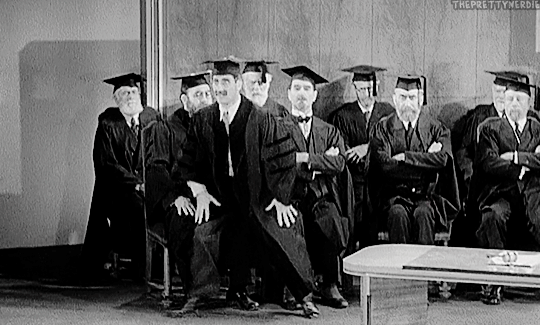
0 notes
Photo
"Once Upon a Time" first aired on this day in 1961










3.13 Once Upon a Time
Director: Norman Z. McLeod
Director of Photography: George T. Clemens
“’To each his own.’ So goes another old phrase to which Mr. Woodrow Mulligan would heartily subscribe, for he has learned–definitely the hard way –that there’s much wisdom in a third old phrase, which goes as follows: ‘Stay in your own backyard.’ To which it might be added, ‘and, if possible, assist others to stay in theirs’“
#otd#the twilight zone#Twilight Zone#norman z. mcleod#Rod Serling#Richard Matheson#buster keaton#silent film#silent comedy#scifi#speculative fiction#cinematography#tv#retro tv#classic television
45 notes
·
View notes
Photo
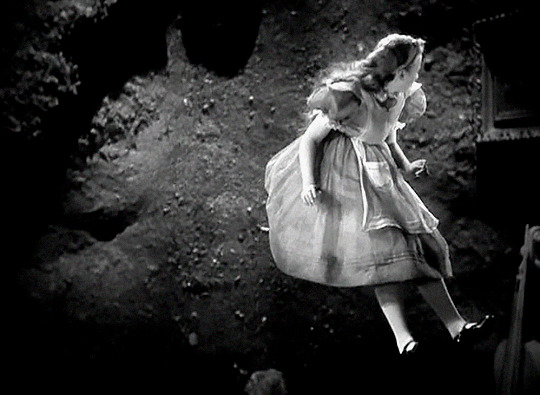
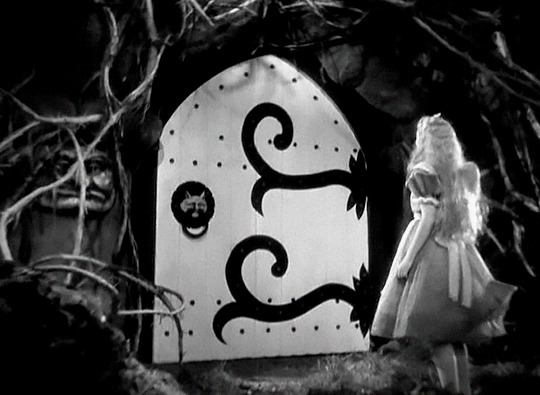



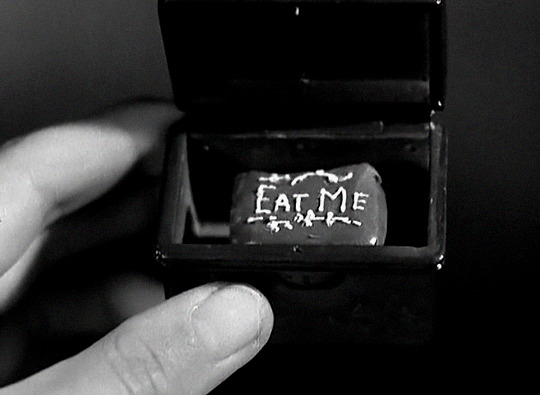
Alice in Wonderland (1933) dir. Norman Z. McLeod
#alice in wonderland#alice in wonderland 1933#norman z mcleod#filmedit#classicfilmblr#1930s#caps#*#*aliceinwonderland1933#500
922 notes
·
View notes
Photo

#if i had a million#gary cooper#charles laughton#george raft#w. c. fields#richard bennett#ernst lubitsch#norman taurog#stephen roberts#norman z. mcleod#james cruze#william a. seiter#h. bruce humberstone#lothar mendes#1932
11 notes
·
View notes
Text

Fred Astaire-Betty Hutton "Let´s dance" 1950, de Norman Z. McLeod.
10 notes
·
View notes
Text

Louis Armstrong in the "Skeleton in the Closet" sequence from the film Pennies from Heaven (1936).
10 notes
·
View notes
Photo


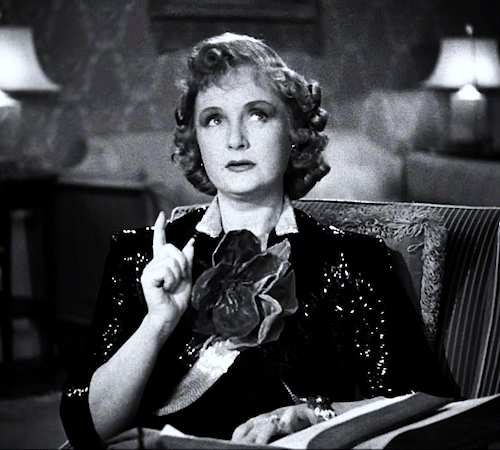



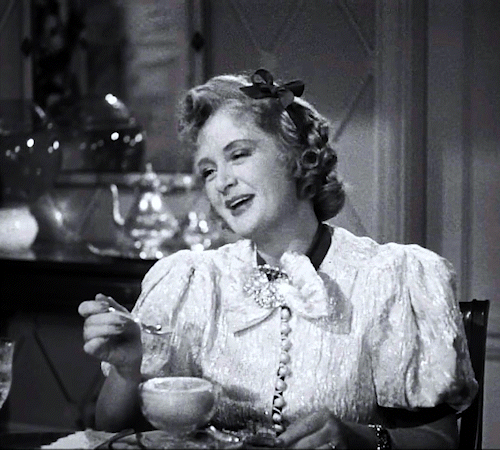
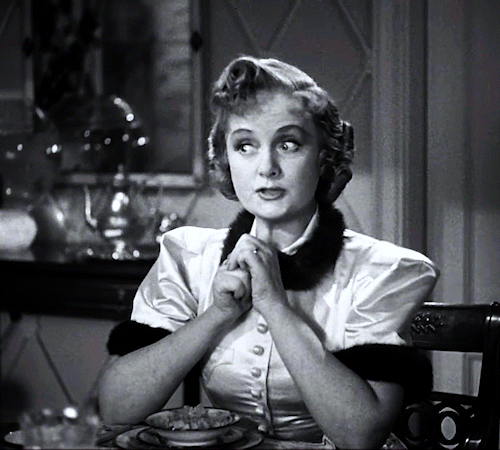
BILLIE BURKE as MRS. EMILY KILBOURNE in MERRILY WE LIVE (1938) | dir. NORMAN Z. McLEOD
#1930's cinema#1930's#1938 films#1938#old hollywood#oldhollywoodedit#filmblr#classicfilmblr#billie burke#merrily we live#norman z mcleod
96 notes
·
View notes
Text


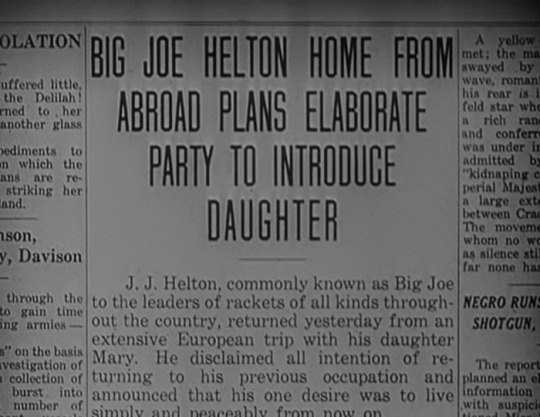



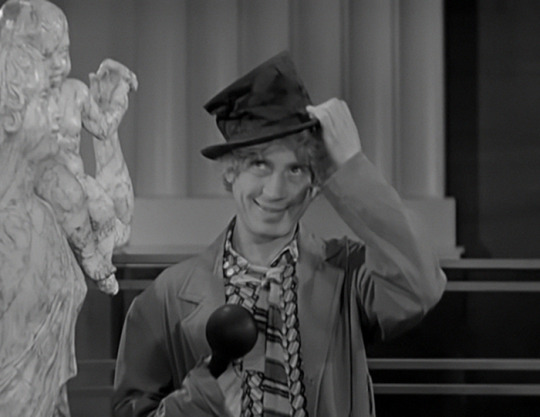
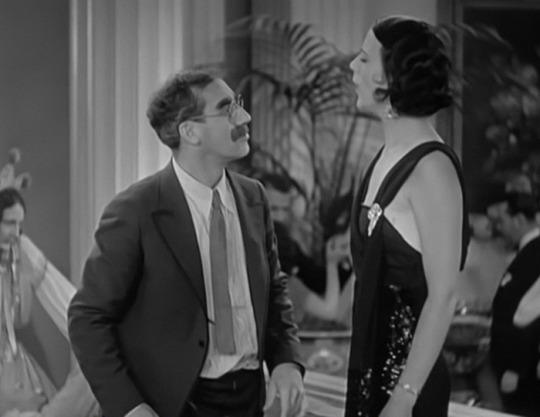
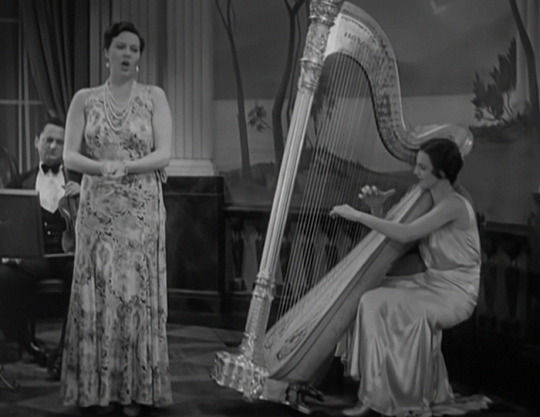

Monkey Business Norman Z. McLeod USA, 1931 ★★★
3 notes
·
View notes